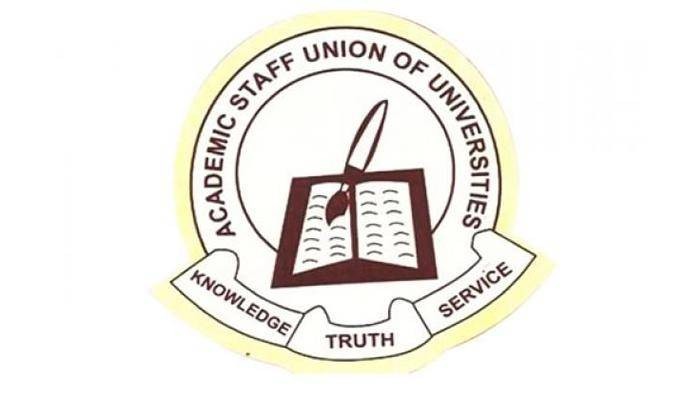
After 169 days, the Academic Staff Union of Universities on Tuesday finally suspended its strike thus ending the intrigues, politicking, disillusionment and despair that it elicited.
The ASUU President, Dr. Nasir Fagge, who announced the suspension, said the union and the Federal Government had resolved all the issues involved following an agreement sealed last Wednesday in Abuja.
The union’s National Executive Committee, comprising zonal coordinators and various university chapter chairmen, had met and appraised the deal at the Federal University of Technology, Minna, Niger State on Monday for over 12 hours.
Lecturers in about 53 of the nation’s public universities had, on July 1, 2013, embarked on the action to protest the Federal Government’s failure to implement an agreement they reached in 2009.
Parts of the agreement centered on increased funding of the universities, a declaration of a state of emergency in tertiary education, better wages as well as payment of earned allowances to lecturers.
Curiously, the signing of the pact four years ago came after a four-month strike, which pitted ASUU members against the Federal Government. Interestingly also, the just-ended strike came on the heels of the intervention of President Goodluck Jonathan and five months and 16 days after the industrial action began.
Following a 13-hour meeting with the President on November 4, the government agreed to inject N1.3tn into public universities between 2013 and 2018.
Government also promised to inject N220bn yearly into the public universities beginning from 2014. However, for the remaining part of this year (2013), it agreed to domicile N200bn in a special account at the Central Bank of Nigeria.
The government, which promised to domicile the N1.3tn at the apex bank to show its commitment to the agreement, promised to release the money on a quarterly basis to the universities to cater for the funding of the sector.
The two parties also agreed that the National Universities Commission and the Trade Union Congress would be the joint guarantors of the agreement while the Minister of Education would be the implementing officer.
ASUU’s demands also included:
•Provision of N1.3tn for the revitalisation of the university system from 2013 to 2018;
•Dedication of revitalisation account at the CBN by the government. The funds shall be paid into the account on a quarterly basis from which the universities will draw;
•Constitution of a central monitoring committee to monitor the implementation of the revitalisation of the universities;
•Proper monitoring and verification of the N30bn already released by the government.
•Engaging the services of universities in special consultancy series such as environmental impact assessment, geological/solid minerals survey, biotechnology, among others to boost the Internally Generated Revenue base of the universities.




